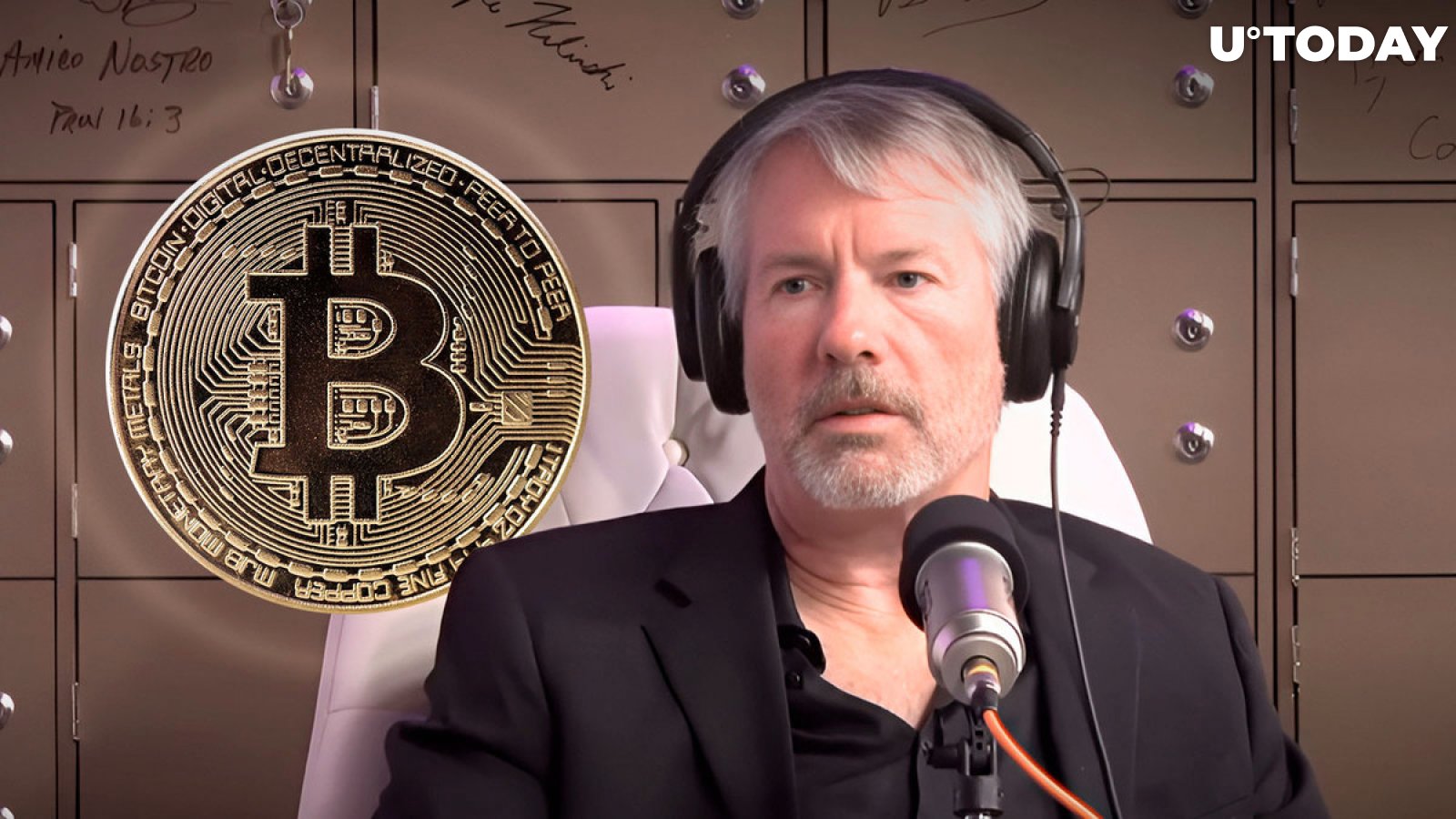Judge Rules Binance’s BNB Tokens Not Securities; SEC’s Case on BNB Staking to Continue
- The recent ruling in favor of Binance against the SEC’s claims over secondary BNB coin sales has sent shockwaves through the crypto market.
- This decision holds substantial implications for the way digital assets are classified and regulated in the future.
- A key takeaway from Judge Jackson’s ruling is that the economic reality of token transactions must be assessed over time.
Judge Dismisses SEC Claims Over Secondary BNB Sales; Major Impact on Crypto Market
Judge Jackson’s Ruling: Key Insights
In a pivotal decision, Judge Amy Berman Jackson dismissed the SEC’s claims that the secondary sales of Binance’s BNB coins should be classified as securities. This ruling is a substantial win for Binance and could have far-reaching consequences for the cryptocurrency industry. Judge Jackson referenced a similar decision by Judge Analissa Torres in the Ripple case, emphasizing the need to assess the economic reality when applying the Howey Test to determine the status of digital assets.
Key Arguments and Implications
Judge Jackson highlighted that the SEC’s reliance on the notion that “crypto assets are the embodiment of the investment contract” is inadequate for classifying secondary BNB sales as securities. This sets a significant precedent, as the judgment touches on technology’s nature, the platform’s independence, and each token’s performance. Furthermore, the judge dismissed the SEC’s claims over the sale of Binance USD stablecoin (BUSD) and the “Simple Earn” passive income feature, marking another win for Binance.
The judge also noted that the nature of a token could evolve, stating that just because a token initially qualifies as a security does not mean it will always remain one. This observation could lead to significant changes in how regulators approach and classify digital assets over time.
SEC’s Arguments on BNB Staking and Anti-Fraud Violations
Despite the favorable ruling for Binance, the court allowed the SEC to continue pursuing claims related to Binance’s BNB staking program, anti-fraud violations, and the sale of BNB post-ICO. According to the court filings, the SEC can also continue its case against Binance founder Changpeng ‘CZ’ Zhao, asserting that he was a “control person” of the company, which would imply mandatory registration under the Exchange Act. This ongoing scrutiny suggests that while Binance had substantial victories, the legal battle is far from over.
Historical Context and Future Outlook
The legal dispute between Binance and the SEC began in 2023 when Gary Gensler alleged that Binance conducted the sale of BNB as unregistered securities in the U.S. and operated illegally. Binance founder CZ is also facing allegations related to money laundering violations. The outcomes of these cases could establish important legal precedents for the entire industry.
Conclusion
Judge Jackson’s ruling represents a significant milestone in the regulatory treatment of digital assets. By dismissing the SEC’s claims on secondary BNB sales and emphasizing the evolving nature of token classifications, the decision provides much-needed clarity for the cryptocurrency market. However, with the SEC continuing its pursuit of claims relating to BNB staking and fraud allegations, the larger regulatory landscape remains complex and evolving. Market participants will need to stay informed and adaptable as these legal battles unfold.




